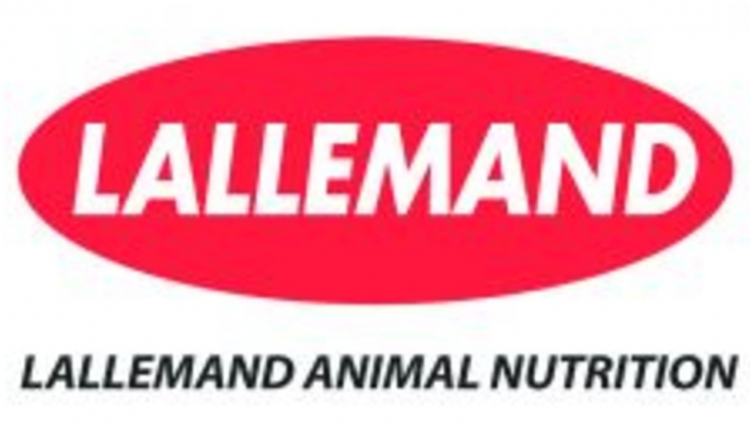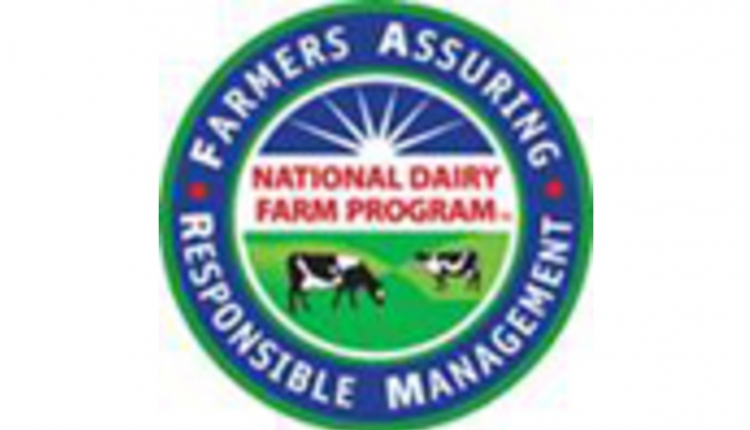 New grading standards that will take effect next month at the Chicago Mercantile Exchange (CME) will make butter marketing easier for both buyers and sellers of the product, according to the American Butter Institute (ABI), which pushed for the change in the grading requirements announced recently by the CME. ABI worked closely with the CME to recraft the rules and thanks the CME for this effort, according to Irv Holmes, President of ABI.
New grading standards that will take effect next month at the Chicago Mercantile Exchange (CME) will make butter marketing easier for both buyers and sellers of the product, according to the American Butter Institute (ABI), which pushed for the change in the grading requirements announced recently by the CME. ABI worked closely with the CME to recraft the rules and thanks the CME for this effort, according to Irv Holmes, President of ABI.You can find the new Rules by clicking on the link: http://www.cmegroup.com/tools-information/lookups/advisories/ser/files/SER-7552.pdf
As of February 1st, butter sellers will no longer be required to provide a USDA grading certificate, unless a buyer requests one. In lieu of a USDA Grade AA certificate, sellers can provide a Certificate of Analysis (COA) as an acceptable document for deliverable loads of butter in the spot market. Butter sold with a COA will continue to meet the grading standards of a Grade AA certificate, according to CME, which said the change will allow more eligible loads of butter to be transacted in the spot market.
Holmes noted that the "ABI membership proposed this change based on member feedback and discussions across the industry, including collaborative efforts between the CME and ABI."
"We are pleased to work with the ABI and industry participants to incorporate their feedback in enhancements to our Spot Butter Call contract," said Tim Andriesen, CME Group Managing Director, Agricultural Products.
ABI created a task force in 2015 to gain industry agreement and lead ABI's efforts toward ending the current CME rule that sellers must supply a USDA certificate in order to sell butter on the CME spot call. Holmes said there are several benefits of eliminating the grade certificate requirement, including added liquidity to the cash spot session, which enhances real price discovery, and a reduction in the cost of selling butter on the CME by eliminating the requirement of a grader. It also recognizes the fact that the vast majority of salt bulk butter sales occur with a COA and not a grading certificate.
Holmes said that grading requirements "have been burdensome for some market participants, which means less butter is offered on the CME. This evolution of document requirements moves the butter industry forward and reduces unnecessary costs. It's a win-win for buyers and sellers, and in an era of increasing price volatility, this change will aid in the efficient marketing of butter."
The American Butter Institute (ABI) is an Arlington, VA-based trade association for manufacturers, processors, marketers and distributors of butter and butter products. ABI was established as the National Association of Creamery Manufacturers in 1908. Its mission is to promote and protect the interests and welfare of the industry. The association's 27 member companies market approximately 90 percent of the butter manufactured in the United States. http://www.butterinstitute.org
2.21.2016








